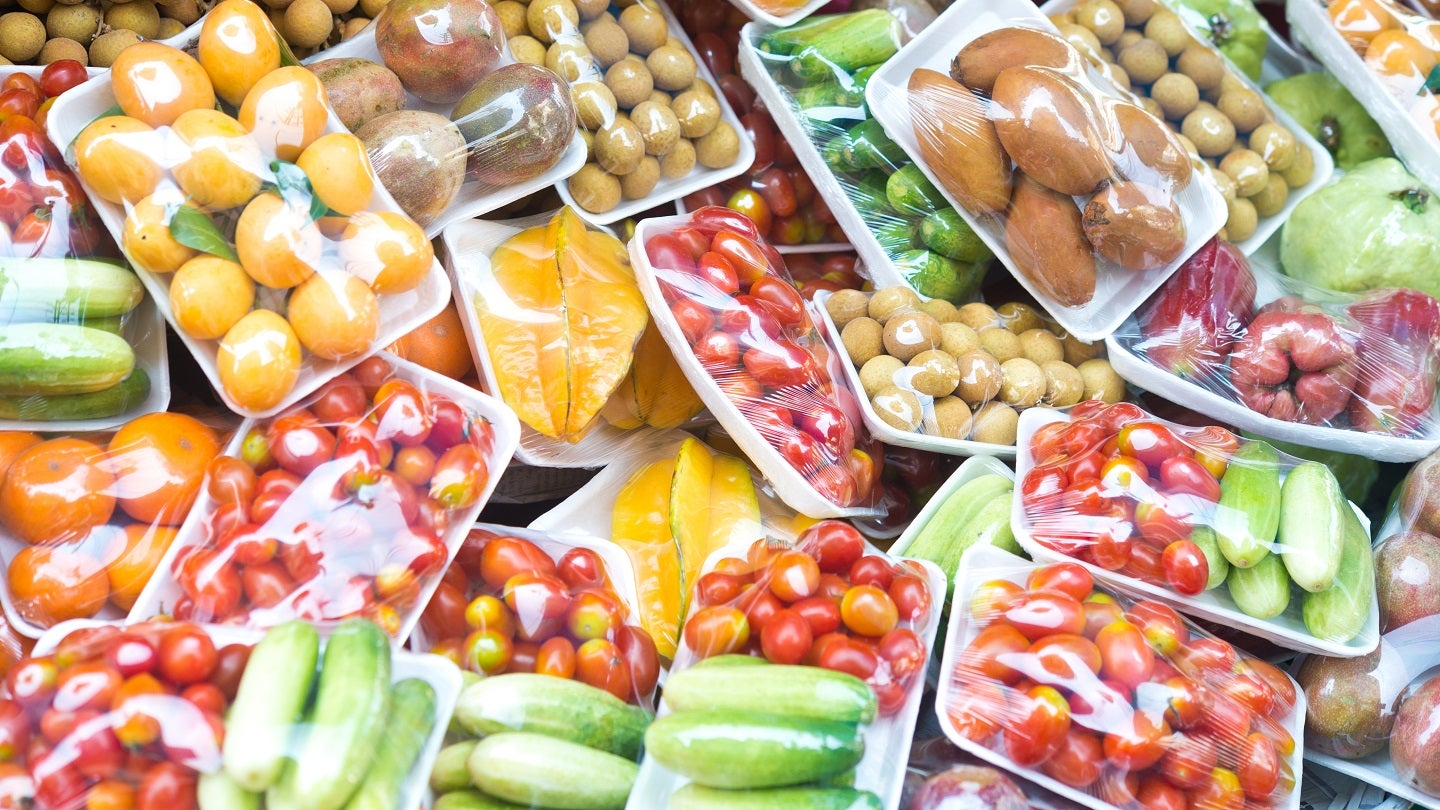
American non-profit organisation Consumer Reports (CR) has found a ‘widespread’ presence of plastic chemicals, bisphenols, and phthalates in both food and food packaging.
The organisation conducted tests on nearly 100 different foods to measure the volume of chemicals that US citizens consume.
CR tested 85 foods for three types of bisphenols and ten types of phthalates, as well as some of their common chemical substitutes, analysing two or three samples of each product.
The tested foods included fruits and vegetables, prepared meals, milk, and other dairy products, among others, all of which came in various forms of packaging.
Despite strong evidence of potential health risks, the tests found that the two chemicals were still prevalent in a wide range of these consumer products.
Both chemicals are classified as endocrine disruptors, which can interfere with hormone production and regulation.
How well do you really know your competitors?
Access the most comprehensive Company Profiles on the market, powered by GlobalData. Save hours of research. Gain competitive edge.

Thank you!
Your download email will arrive shortly
Not ready to buy yet? Download a free sample
We are confident about the unique quality of our Company Profiles. However, we want you to make the most beneficial decision for your business, so we offer a free sample that you can download by submitting the below form
By GlobalDataEven minor hormonal disruptions can lead to serious health issues such as diabetes, obesity, cardiovascular disease, and infertility, among others.
The study’s findings on phthalates are specifically alarming as they were detected in almost every tested food, with consistently high levels that did not correlate with the type of packaging or food category.
High levels of phthalates were found in products such as Chicken of the Sea pink salmon, Del Monte sliced peaches, and Wendy’s chicken nuggets.
Remarkably, organic products did not show lower levels of these chemicals, with the highest phthalates detected in Annie’s Organic cheesy ravioli.
CR product safety testing overseer PhD James Rogers said: “That [test] tells us that, as widespread as these chemicals are, there are ways to reduce how much is in our foods.”



